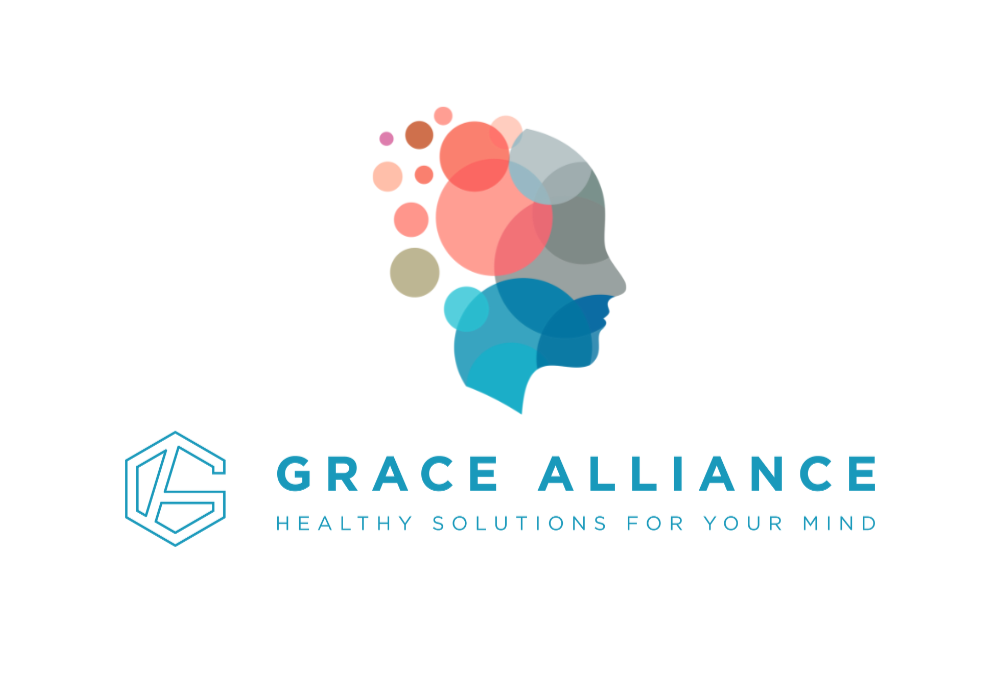The literature shows a strong link between spirituality and mental health and well-being … the Church has all the ingredients to transform mental health.
Our groups and models provide a mental health solution for transforming lives and communities.
Why mental health and Why Major Donor Partnership
The current story and reality of mental health:
1/3 of population struggling with anxiety, (clinical levels)
50% of young people (18-24) are struggling with mental health challenges
80% increase of suicide since the year 2000 (highest ever rates, 2023-24)
The three main barriers to mental health support, care, and recovery:
Stigma (social and spiritual)
Accessibility to mental health professional care
Affordability for professional care
The Church is not lacking compassion, but rather the mental health knowledge and skills needed to offer effective support. We are working to equip the Church and the Body of Christ with evidence-based mental health programs and resources that can transform lives and strengthen communities.
Since 2011 …
1,300+ groups started worldwide (growing movement with over 100+ groups with 200+ new leaders every year).
30,000+ people in 35+ countries using our resources (10,000+ downloads every year).
Currently give away over $29,000 every month (for free).
Strategic Partnership for Major Donors + Business Sponsors: Scaling Hope and Resilience
Mental Health Grace Alliance is more than a resource provider; we are a global catalyst for Christian mental health transformation. We bridge the gap between clinical science and Christian faith to provide a sustainable infrastructure for recovery and support.
Why Partner With Us?
A Proven Model: Our Grace Groups and curriculum are designed with science-based tools and biblical principles, ensuring holistic and effective outcomes.
Decrease in difficult symptoms (more hope + confidence in managing existing symptoms)
Increased positive self-acceptance and worth
Improved relationship with others
Aided in mental health recovery and trauma recovery/healing
Spiritual renewal (reducing spiritual conflicts)
Grace Alliance’s mental health clergy training empowers confidence to respond to mental health needs, aiding in overall family support.
Scalable Infrastructure: We empower local churches to become the frontline of mental health support, creating a low-cost, high-impact network that can reach any community.
Professional Stewardship: We prioritize transparency and strategic growth, ensuring every dollar is leveraged to maximize life-changing impact.
Investment Opportunities
We are seeking visionary partners to help us reach our next milestones:
Digital Innovation: Scaling our digital platform to reach individuals in remote or underserved areas globally.
Leader Multiplication: Funding the training of 200-500 new group leaders to reach an estimated 2,500 additional families this year.
Resource Development: Expanding our specialized curriculum to address emerging mental health needs in youth and marginalized communities.
Discuss a Legacy Partnership
We invite you to a private conversation regarding how your foundation, business, or donor-advised fund can accelerate this mission.
Schedule a vision call with our leadership — learn more about our model below.
Mental Health Grace Alliance was founded because it was an opportunity to change the statistics.
In 2011, the “Grace Alliance” was founded with the mission of providing evidence-based resources for individuals, marriages, and families facing mental health challenges through a grace-filled, Christ-centered approach.
We looked past the problem to see an opportunity …
Education & Training Deficit. The Church was (and currently) ill-equipped for mental health needs … a lack of knowledge and skills from seminary and ministry training programs.
High Information, Low Community Action. Many Christian mental health books were available, but national/International Christian mental health groups did not exist or were few and local.
Low Christian Accessibility & Recovery Growth Models. Community mental health support groups and programs lacked Christian understanding and resources. Christian-focused discussions were not encouraged within the community groups. In addition, some of these groups excelled in support, but many lacked growth-oriented principles and tools.
Why Grace Alliance offers one of the best mental health solutions for the Church and the Body of Christ.
Through Grace Alliance’s user-friendly, Christ-centered, and evidence-based approach, the model provides:
Supportive growth community: Congregants associated with mental health challenges found a Christ-centered, restorative community and growth support.
Supportive pastoral community: Church leaders began to learn, but didn’t have to be psychology experts, and/or try to individually pastor every individual, couple, and family. Congregants would find a community with an in-depth understanding and wisdom from lived experience, often with more insight than many pastoral leaders could offer. The community heals itself.
Supportive community outreach: Grace Groups are inviting, and the material naturally creates personal interest in Jesus and God. Through relationships, these groups often attract non-believers and other faith groups (some faith groups see mental health and other disabilities as a punishment, curse, etc.). In this regard, Grace Groups have worked well in other cultures/countries.
Supportive church model (no cost barriers for church + congregants): The simple community model and resource worked naturally within their Church model, with very little or no cost (no training or subscription fees; churches can print/bind Grace Alliance’s free group workbooks for participants as needed).
Supportive bridges with pros: The group model establishes “task-sharing” connections between congregants and mental health professionals, providing community support and growth opportunities. In addition, this model allows churches to collaborate with other churches with or without mental health resources.
Who uses Grace Alliance Resources around the world?
Churches
Para-church ministries
Group Homes
Shelters
Community Centers
Schools
Independent groups
Mental health coaches
Professional Practices and Clinics worldwide!
How the Grace Alliance free model works.
Free and accessible high-quality training, resources, support, and workbooks for anyone to start one of our groups.
FREE training videos + downloads ($500 value savings per leader).
FREE leader support videos + live online meetings and workshops ($75 value savings for annual subscription per leader).
FREE digital group workbooks for all leaders + participants ($48 value savings for workbooks).
Free and accessible resources offer free mental health articles, educational guides, and spiritual solutions to find hope.
FREE Educational ebooks ($10 value savings for both educational guides).
FREE Devotionals ebooks for individuals, couples, and families ($15 value savings for all three devotionals).
FREE blog articles with practical answers to tough mental health and faith questions ($60 value savings for annual subscription).
The added costs for our operations and team are not included in these value savings.
“I’ve seen Gods incredible grace transforming peoples lives. I have many (Grace Alliance group) alumni that are now med compliant, walking with the Lord, and are able to much more effectively deal with the challenges we have.”
Give with confidence
MHGA is a 501(c)3 non-profit.
Join us in making Christian mental health recovery and thriving freely accessible worldwide. We appreciate and respect every donor, feeling confident about their donations
“I’ve been struggling with depression for about 10 years ... I’ve been asking the Lord show me how to fight this with more victory. Recently, I found your website and read an article ... that helped me ... I have seldom heard something so gentle, healing and kind. I cried with relief through most of it. I thank you for this ministry!”
Have more questions?
Click here to visit our Donor FAQ page or contact us at admin@mhgracealliance.org.
All Mental Health Grace Alliance resources complement and promote professional therapy and treatment, and are not intended to replace or discontinue. (see full disclaimer).







